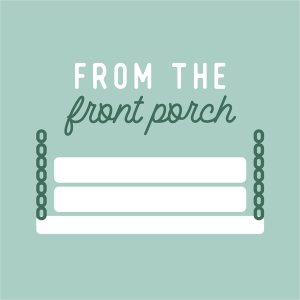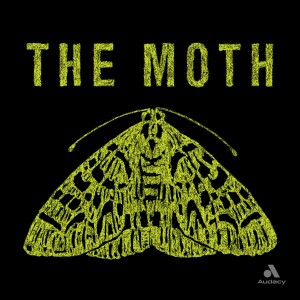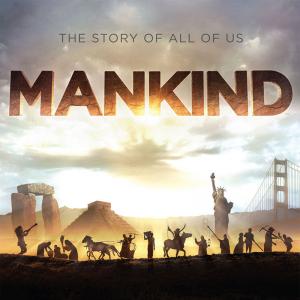

Pam Thompson on James Schuyler’s ’Hymn to Life’ and her own poem ’An Afternoon’
In this episode, Pam Thompson discusses James Schuyler’s ‘Hymn to Life’ and how reading this work influenced the writing of her own poem ‘An Afternoon’.
In the interview, Pam talks about how Schuyler’s life affected what he focused on in his work, and his approach to writing ‘of-the-moment’ poems. She talks about his influences, his interest in diaries, his peripatetic life; how all of this comes through in ‘Hymn to Life’. Pam then goes on to describe how she came to write her own piece ‘An Afternoon’ after workshopping in Sheffield and online. She reflects on why she wrote a first second and second person version of the poem. She talks about the afterlife of the painter Edith Spiller.
Pam has written a blog piece on James Schuyler's poem 'Hymn to Life' for Antony Wilson's website Lifesaving Poems which you can find here 'The Pure Pleasure of / Simply Looking...'
Pam Thompson is a writer, educator and reviewer based in Leicester. She has been widely published in magazines including Butcher’s Dog, Finished Creatures, The North, The Rialto, Magma and Mslexia. Pam has been Highly Commended for the Forward Prize and has won the Magma and the Poetry Business competitions and gained second and third prizes respectively in the Ledbury and Poets and Players competitions. Her works include include The Japan Quiz (Redbeck Press, 2009) and Show Date and Time (Smith|Doorstop, 2006). Pam’s collection, Strange Fashion, was published by Pindrop Press in 2017. Pam has a PhD in Creative Writing from De Montfort University and is a Committee Member for Word!, a spoken-word night at Attenborough Arts Centre in Leicester. She is a Hawthornden Fellow.
Her web-site is https://pamthompsonpoetry.com/author/pamthompsonpoetry/
She is on Twitter as @fierydes.
You can find a complete version of James Schuyler’s poem ‘Hymn to Life’ here from his collection Hymn to Life (1974, Random House). The text comes with an audio recording of the piece.
An afternoon
where adult lads
up from Derby, in shirts and jeans
in January, ahead of an on-the-piss
evening, walk fast at the side
of their reflections in steel;
the fountain near the station,
which, when the sun dips,
will spill onto the pavement and freeze.
In the Millennium Gallery,
Madonnas, flanked by fat putti,
vie for my attention
but I want something more subtle,
a painting or drawing that I’ll
have to work at knowing.
Over there, on the other side,
with no-one else looking,
a watercolour under glass,
‘Biography of a Snowdrop’,
February 20th, 1896, its greyish flower
seeming too heavy for the stem –
how slowly she must have painted
while the light was still good.
Barely out of adolescence, its root,
scrotal, with white filaments.
For our convenience, she returned
on March 14th, prompted, perhaps,
by better weather, to draw exquisite
cross-sections of sex organs:
stigma and stamens; the segmented
flower like a star on a mosque
or a sliced fig, a tile, the day’s tile.
Picking snowdrops first thing,
inside her own biography,
with spring lying in wait. Edith
Spiller. Look her up.
(First person perspective version)
An afternoon
where adult lads
up from Derby, in shirts and jeans
in January, ahead of the on-the-piss afternoon,
walk fast at the side of their reflections
in steel; the fountain near the station,
which, when the sun dips,
will spill onto the pavement and freeze.
In the Millennium Gallery,
Madonnas, flanked by fat putti,
vie for your attention
but you want something more subtle,
a painting or drawing that you’ll
have to work at knowing.
Over there, on the other side,
with no-one else looking,
a watercolour under glass,
‘Biography of a Snowdrop’,
February 20th, 1896, its greyish flower
seeming too heavy for the stem –
how slowly she must have painted
while the light was still good.
Barely out of adolescence, its root,
scrotal, with white filaments.
For our convenience, she returned
on March 14th, prompted, perhaps,
by better weather, to draw exquisite
cross-sections of sex organs:
stigma and stamens; the segmented
flower like a star on a mosque
or a sliced fig, a tile, the day’s tile.
Picking snowdrops first thing,
inside her own biography,
with spring lying in wait. Edith
Spiller. Look her up.
(Second person perspective version)
More Episodes
All Episodes>>Create Your Podcast In Minutes
- Full-featured podcast site
- Unlimited storage and bandwidth
- Comprehensive podcast stats
- Distribute to Apple Podcasts, Spotify, and more
- Make money with your podcast












